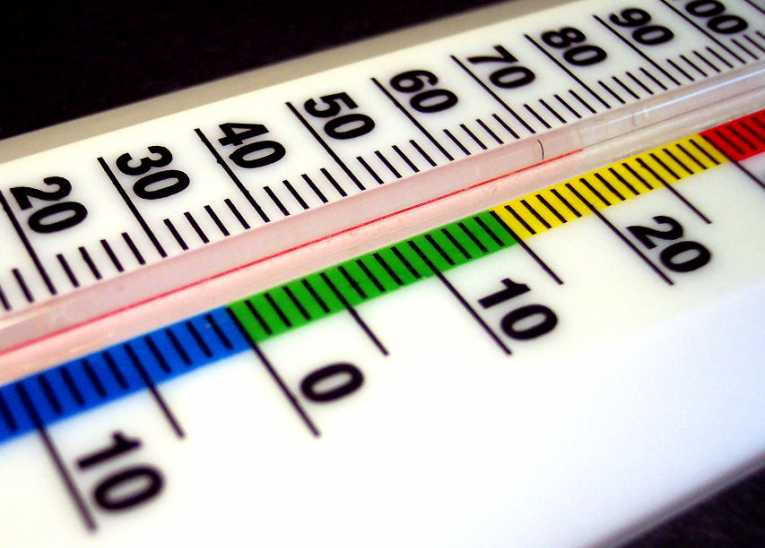As calls to action go, the message greeting world leaders arriving in Cancun for the latest round of climate change talks takes some beating: Up to one billion people around the world are set to lose their homes over the next 90 years as a result of ongoing failures to cut back on carbon emissions.
What's more, according to a new report published to coincide with the start of the talks, even the most drastic action will not prevent global temperatures from rising by 4°C over the coming decades and thereby save around three billion people from losing access to clean water supplies.
The report is actually a collection of papers that were presented at the recent 'Four Degrees and Beyond' conference, organized by the Tyndall Centre for Climate Change Research in the UK.
Though diverse in their subject matters, the papers from some of the world's leading environmental academics are all equally alarming, effectively arguing that summits such as the one taking place right now in Mexico should be seen as damage limitation exercises rather than opportunities to stop the earth's temperature from rising.
Indeed, all of the studies collected for the newly-published report concur that, whatever carbon emission restrictions are agreed to over the next few days, they will still not be sufficient to prevent global temperatures from rising by more than 2C over the course of this century alone, with a long-term increase of 4C a far more likely outcome. Moreover, Dr Richard Betts from Britain's Met Office warns that, not only is a 4C increase in temperatures likely, but this could be reached by the early 2060s given the lack of urgency with which the developed countries have tackled the problem of carbon emissions over recent years.
Working on such a projection, the Tyndall Centre paper paints a gloomy picture of the years to come as shifting climates affect entire ecosystems, displace populations and lead to chronic food and water shortages.
As an example, Dr Sally Bowman from the University of Southampton and the Tyndall Centre argues that, while a 2°C rise in average temperatures would lead to significant sea-level rises, causing widespread flooding, double this would be near-catastrophic.
"A pragmatic estimate of sea-level rise by 2100 for a temperature rise of 4C or more over the same time frame is between 0.5 metres to 2 metres," she explains.
"Without adaptation, this may result in the forced displacement of up to 187 million people over the century (up to 2.4% of the global population."
Similarly, the first major external report to be published in time for the Cancun talks warns that, while governments may be prepared for some degree of climate change, the challenges likely to arise should temperature increases of 4C or more come to fruition will leave decision-makers "paralysed by the complexity of the problem" and struggling to cope with shifting populations, extreme weather and shortages of vital resources.
Going on this single report alone, therefore, it would appear that the odds are stacked against world leaders making any sort of momentous decision in Cancun, or certainly reaching any agreement that would do anything other than delay the inevitable.
At the same time, however, the US looks like it is going into the talks determined to blaze a trail and deal with some of the more controversial issues of the planned negotiations head on, with this aggressive stance likely to be cheered by the green lobby, even if it doesn't go down particularly well with the European Union or the Mexican hosts.
"We have heard a lot of talk this year about capturing the so-called low-hanging fruit by which countries who use that phrase often mean all the provisions dealing with financial and technology assistance, leaving the so-called hard issues of mitigation and transparency for sometime later," Washington's chief climate change envoy Todd Stern has stated. "We are not doing that."










